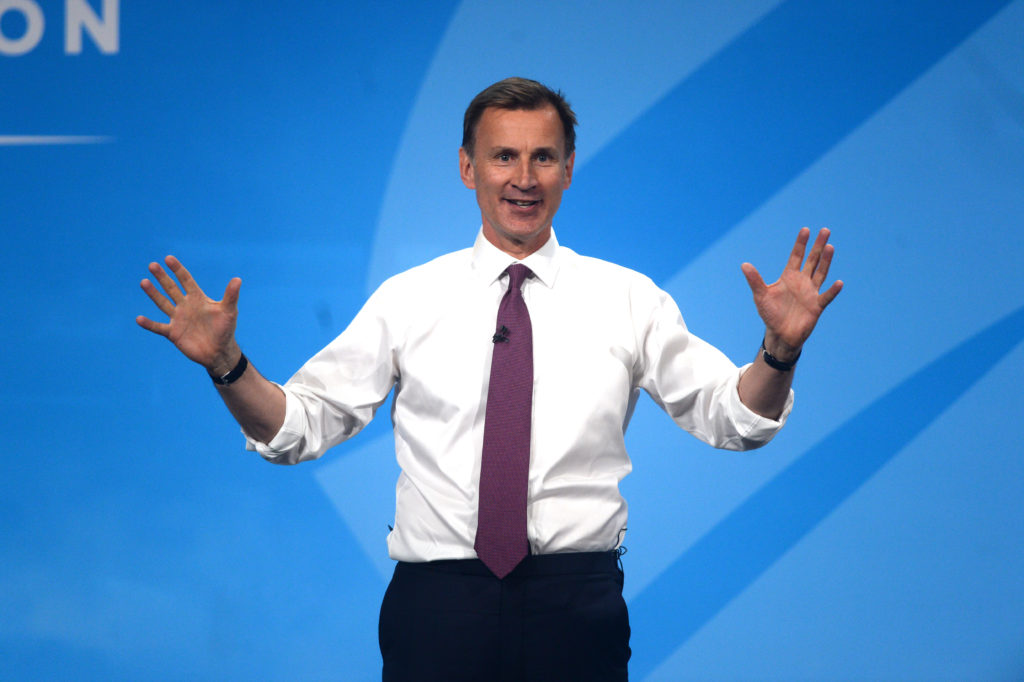Chancellor Jeremy Hunt will deliver his second budget to the House of Commons this lunchtime as speculation mounts that his statement will include further ‘rabbits’ beyond those already trailed.
In what is likely to be the last set piece financial occassion before this year’s election, it has been widely reported that Mr Hunt will announce a further 2p cut to national insurance. This would match the cut already introduced in the Autumn Statement last year, benefit the average UK worker by around £450, and cost the Treasury some £10 billion per year.
As pre-election budget protocol goes, it would though be unusual if the major component of a Chancellor’s plans was confined to those already drip-fed to the media.
This in turn has led to speculation that the Chancellor may use whatever additional financial wriggle room he possesses to also introduce a cut in income tax.


With the Conservative Party lagging the Labour Party by an average of 19.6% in February’s national opinion polls, prominent Conservatives are calling on the Chancellor to make a more dramatic political statement.
Speaking to Sky News last night, the former Brexit Minister Lord Frost labelled the prime minister as ‘conventional’ and highlighted how the suggested NI cut represented just “0.5% of GDP”.
Writing on Twitter this morning, the Conservative MP John Redwood has called for ‘generous tax cuts’ and ‘big reductions in wasteful public spending’, whilst the former home secretary, Priti Patel MP, has suggested that an income tax cut rabbit would “better show that the Conservatives backed working people”.
Ahead of his Common’s appearance, attention is also moving to what politically palatable’ targets the Chancellor may focus upon in order to fund any wider headline tax cuts.
These measures may include the abolition of the current preferential tax treatment for non domiciles, a specific tax for those using disposable vapes, an increase in air passenger duty for business class passengers, limits on council’s spending on diversity programmes, an extension of the windfall levy on oil and gas companies, and a change to the tax regime for those involved in holiday let properties.
In this second string to what is likely to be a very political budget, a number of these tax raising measures will create a challenge for the Labour opposition.
By adopting a number of the party’s policies in this way, Jeremy Hunt will force Labour to look beyond these softer political targets, potentially having to find more politically difficult ways to fund its own spending commitments.
Labour is thought likely to commit to retain any tax cuts introduced by the Chancellor for working people.
Today’s budget will close a parliament that has seen a full range of fiscal approaches under the recent range of Conservative prime ministers.
Following the austerity centred approach to public spending of the Cameron-Clegg coalition in the early 2010s, these past budgets have seen a more expansionist approach to public spending under Boris Johnson, a brief and soon reversed foray towards aggressive tax cutting under Liz Truss, and a hitherto more frugal approach to the public finances under Rishi Sunak.
The chancellor’s speech will follow Prime Minister’s Questions at 12.30pm. Immediately thereafter, Sir Keir Starmer will respond on behalf of the Labour Party in the House of Commons. The independent Office of Budget Responsibility will deliver its commentary on the budget in a 2.30pm press conference.












